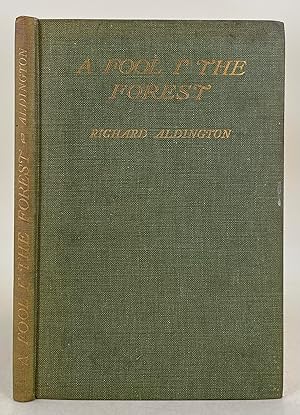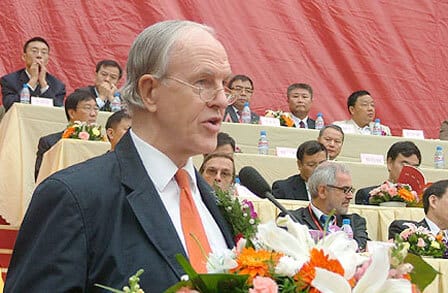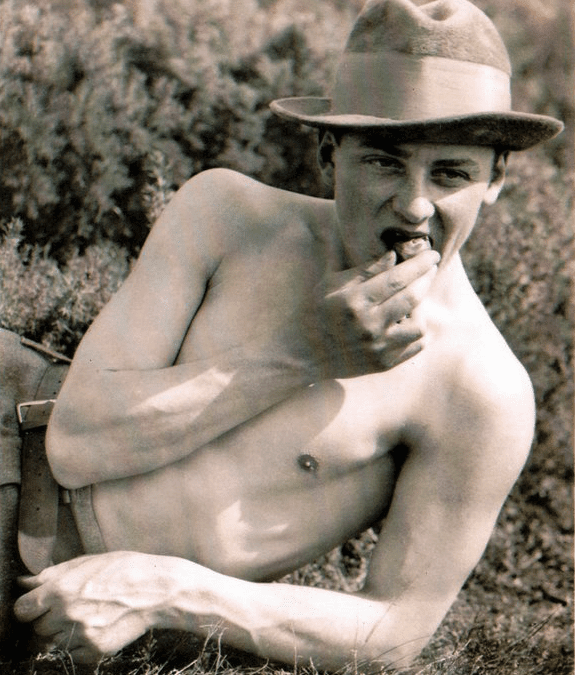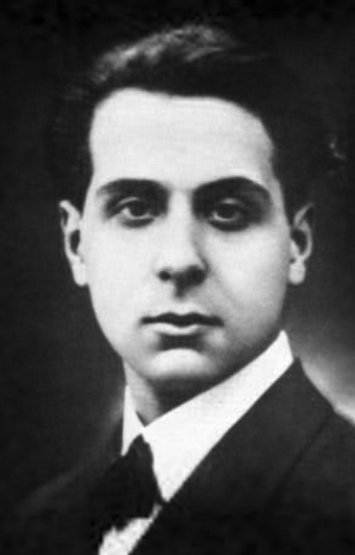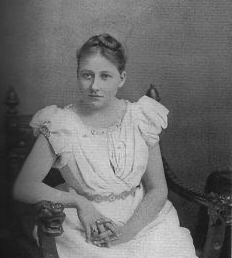The Modernist Long Poem: Looking Back from the 21st Century
Friday 24th October 2025
Northeastern University, London
Just over a century after the publication of T.S. Eliot’s The Waste Land (1922), the modernist long poem continues to be the focus of critical response and varied definitions. Recent work on the genre in its historical context by Oliver Tearle (2019), Sean Pryor (2021) and others, as well as a recent conference (Paris, 2024) on the topic, indicates fresh attention to the modernist long poem, on which we aim to build at this event.
The modernist poem’s origins are in the pre-war movement of Imagism, the primary criterion of which was poetic compression. But in the post-war decade, the long poem would become the dominant form of modernist poetics. Ezra Pound described his Cantos (c. 1915-62) as a ‘poem containing history’ and it may be that the modernist long poem’s epic scope is an attempt, like modernism’s mythical method, to contain and give a shape to world events. For example, the trauma of the Great War and the condition of post-war Europe are the subjects of longish poems or pocket epics like Hope Mirrlees’ Paris: A Poem (1920), Pound’s Hugh Selwyn Mauberley (1920), and The Waste Land.
We conceive the ‘modernist long poem’ broadly in terms of chronology, content, and length. Our working time-frame is from 1913 (the date of Apollinaire’s ‘Zone’) through 1937 (David Jones’s In Parenthesis) but we would welcome abstracts on poems that fall outside that framework. As well as papers on canonical authors and poems, we welcome work on less-studied poems (e.g., Edith Sitwell’s Gold Coast Customs (1929)). Our focus will be on English-language poems but papers on the modernist long poem in other languages would be very welcome as well.
The conference will coincide with a book launch for a centenary edition of Richard Aldington’s A Fool i’ the Forest (1925-2025), with introduction and notes by Aldington scholars Michael Copp and Elizabeth Vandiver and published by Renard Press (who recently published an edition of Aldington’s Exile and Other Poems (1923)). Aldington, in long poems such as A Fool i’ the Forest and A Dream in the Luxembourg (1930), saw longform poetry as an alternative to, as much as a vehicle for, experimentation. Like Mirrlees’ and Eliot’s poems, these are journey or quest poems in a sense, but are also (dream) narratives which look back to earlier models. We particularly welcome papers on Aldington’s long poetry, including those already mentioned and later works such as Life Quest (1935) and The Crystal World (1937), and his connections with other modernist and imagist writers of long poetry, such as Pound and H.D.
The keynote lecture for the conference will be delivered by Professor Steven Matthews (University of Reading), on ‘Logics of the Imagination: Structure in Eliot, Aldington, and H.D.’.
We hope to include papers foregrounding a wide range of approaches to and aspects of the long modernist poem. We particularly welcome papers on the following topics, but other topics will also be given full consideration:
- Length as a variable in modernism; the tension between the modernist impulses towards the long and the short
- The relationship between long modernist poems and earlier exemplars, including poems from antiquity; the early modern period; the 18th century; the Romantic period; the Victorian period
- The role of form in the long modernist poem
- Mutual interactions between long modernist poems
- Types of authorial voice (unified/singular vs multiple) in the long modernist poem
- Multilingual quotation and/or translation in the long modernist poem
- Constructions of persona(s) in the long modernist poem
- Temporality: why did the long modernist poem arise? When and why did it disappear?
- The long modernist poem and the modernist novel; connections and contrasts
- Genre in the long modernist poem (lyric; epic; translation; narrative)
- The city (London, Paris, New York, others) in the long modernist poem
- Theoretical interventions on the relationship between length, modernist poetry, and modernity
Abstracts should be no more than 250 words for a 20-minute paper. Please send your abstract and a brief biography (no more than 100 words) to Vivien Whelpton at v.whelpton@btinternet.com
The closing date for submissions is Friday 25 April 2025.
Notification of acceptance of proposals will be sent by Friday 30 May 2025. All submissions will be read and adjudicated by Catherine Brown (Northeastern University, London), Andrew Frayn (Edinburgh Napier University), and Lee Jenkins (University College Cork).
Organising committee: Catherine Brown (Northeastern University, London), Michael Copp (Independent Scholar), Andrew Frayn (Edinburgh Napier University), Lee Jenkins (University College Cork), Elizabeth Vandiver (Whitman College, Washington, emerita), Vivien Whelpton (Independent Scholar).
